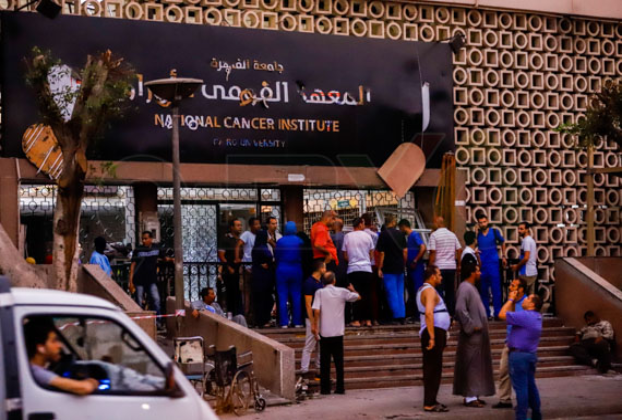
The repercussions of social-distancing measures carried out by the Egyptian authorities to curb the spread of the coronavirus have continued to affect the labor and social protest movements. Some social protests also pointed to the lack of sufficient access to information and the government’s underperformance towards awareness campaigns about the pandemic.
During the reporting period, ANHRI’s Trade Unions, Labor Protests and Social Movements Monitoring Center has documented 11 labor and professional protest events. Most of these events were dominated by small protests with no more than dozens of participants.
Cairo came at the forefront of Egypt’s governorates in terms of the number of protests (with 5 protests organized), followed by Giza (with 3 protests), while Alexandria and Qalyubia governorates came in third place with two protests each.
As for the labor protest events, the center has witnessed the following:
1- Drivers and fare collectors affiliated with Public Transport Authority organized a protest to denounce the authority’s head’s decision to reduce revenue incentives to only 25% of the total incentive during the period from March 1 to March 19 in addition to revenue generated during the period from March 20 to March 31.
2- Bus drivers went on strike on April 3, to protest the Egyptians returnees from Washington entering quarantine in a Red Sea hotel, for fear of coronavirus infection.
3- On April 4, the Nursing Institute and the doctors working at National Cancer Institute (NCI) organized a protest calling on the institute to conduct for them tests to detect coronavirus infection, after announcing the detection of 17 positive cases of coronavirus among the medical staff.
4- On April 5, a number of nurses and doctors the Dar Al Salam Oncology Center “Hermel Hospital” submitted a complaint to the Minister of Health Dr. Hala Zayed, requesting to conduct a coronavirus test for the center’s workers after detecting a number of confirmed cases among the center’s medical staff.
5- On April 6, a group of employees at Orascom Company organized a protest after the company’s board of directors refused to reduce the working hours or provide vacations while working on Abu Rawash Wastewater Treatment Plant project amid coronavirus.
6- On April 7, workers at El Nasr Wool & Selected Textiles Company (STIA) staged a sit-in protesting the non-payment of their salaries, as the Alexandria Health Affairs Directorate ordered to close the company for 14 days (as of the first of April) after detecting 3 positive cases of coronavirus among the company’s engineers.
7- On April 7, a group of workers at the October 6 Association, which ran the Palm Beach in Ajami (Alexandria) threatened to stage a sit-in at the headquarters of the Cooperative Authority in Cairo, which oversees housing associations; due to the deteriorating conditions inside the Association since it was placed under financial and administrative supervision.
8- On April 8, a group of workers at Al-Shamlah Hospital in Kafr Al-Dawar in Al-Buhaira Governorate organized a protest in front of the hospital, demanding to clarify their position after the hospital has been transformed into a quarantine center.
9- On April 12, a group of workers and young men at Bani Affan village in the Beni Suef Governorate objected to the factories and the private sector’s dismissal of their workers as part of the government’s precautionary measures to limit the spread of coronavirus.
As for the social protests, the center documented 11 protest events, including a protest organized by Al-Hayatam village residents against the isolation measures imposed by the government. Also, a number of Egyptians returning from the UK gathered in protest against the decision ordering them to be held quarantine.
ANHRI’s center also monitored the gathering of: Bahtim village’s residents in Shubra Al-Khaima, Boles region’s residents at Kafr El Dawwar in Beheira governorate, and “Shubra El-Baho” and “Meet El-Aamel” villages’ residents in Dakahlia governorate to protest the burial of two people who died of coronavirs.







